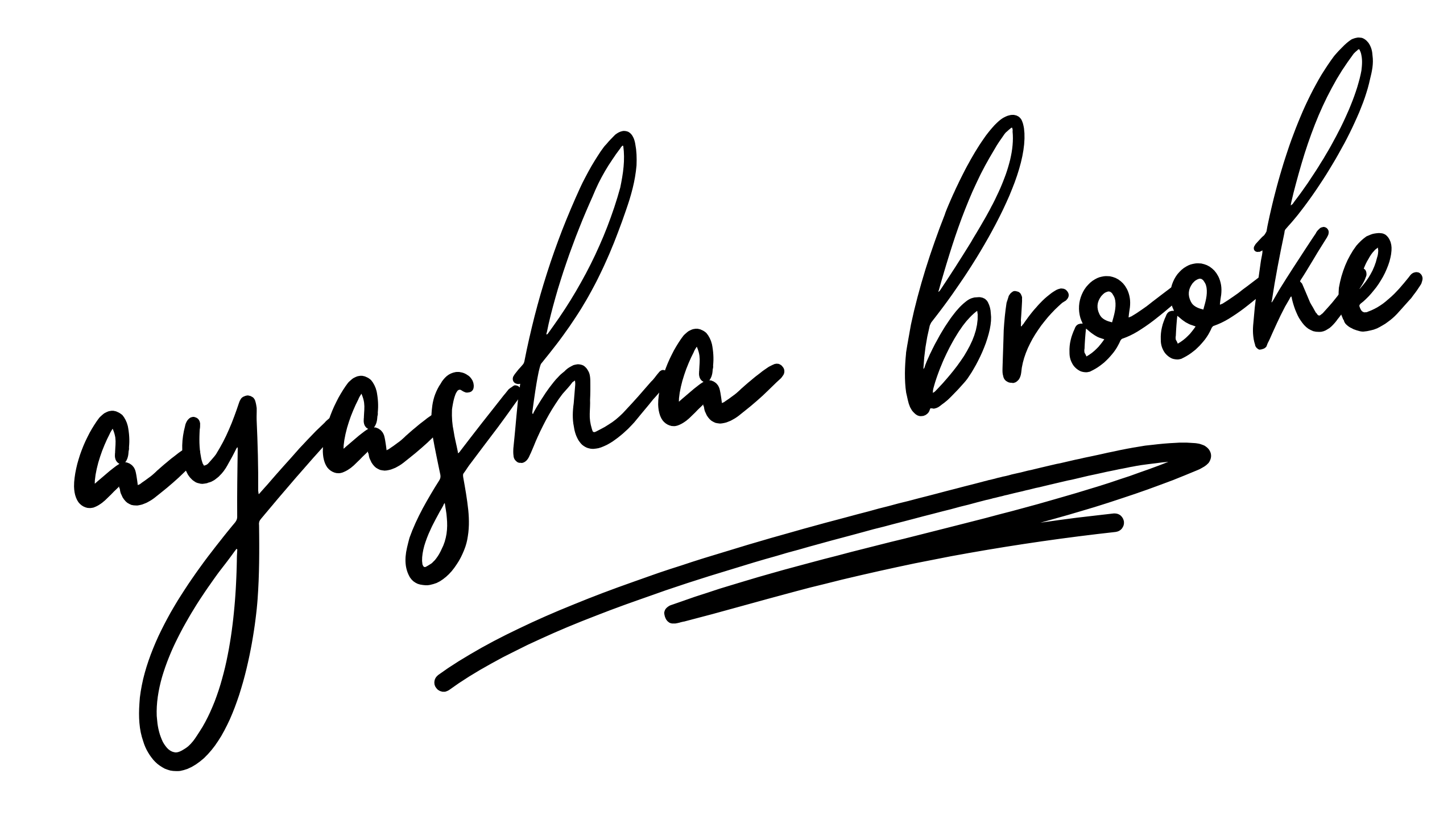Stress vs. Burnout: How to Tell the Difference
We all go through seasons where life feels like moving faster than we can keep up. That’s stressful and uncomfortable, but also a natural part of being human. But when that stress is left unchecked for too long, it can lead to something deeper and more harmful: burnout.
The tricky part? Stress and burnout can look similar on the surface, but they’re not the same, and knowing the difference can help you catch the warning signs before you hit the wall.
Stress: Too Much of a Good (or Bad) Thing
Stress is your body’s way of responding to demands. Maybe you’ve got a deadline at work, your kids’ schedules are all over the place, or your to-do list could wrap around the block.
You might feel physically tense, with a racing heart and shallow breathing. Mentally, you may notice anxious thoughts, scattered focus, and a sense of urgency. Emotionally, you might feel frustration, irritability, or even a slight panic.
With stress, your system is still running, you’re pushing through, solving problems, and getting things done (even if it’s exhausting). The good news is that when the stressor is removed, you often bounce back fairly quickly.
Burnout: When the Tank Runs Dry
Burnout happens when stress lasts too long without enough rest, support, or balance. It’s more than just being tired, a profound, lingering exhaustion that touches your body, mind, and spirit.
You might feel constant fatigue, headaches, or even physical illness. Mentally, you may experience foggy thinking, a lack of creativity, or trouble making decisions. Emotionally, you might notice cynicism, detachment, and a loss of joy in things you once loved.
With burnout, even rest doesn’t seem to help. You might take a weekend off and still feel empty on Monday morning. It’s a sign that your inner resources need more than a quick recharge; they need real replenishment.
How to Tell Which One You’re Facing
Think of it this way: stress means you’re over-engaged and in “go mode,” even if you don’t like it. Burnout means you’re disengaged, you’ve stopped caring because you’re too depleted to care.
What to Do Next
If you’re feeling stressed, pause and breathe, even for five minutes, to reset your nervous system. Prioritize what truly matters and let go of what isn’t urgent. Moving your body through physical activity helps process stress hormones.
If you’re feeling burned out, take real rest. This means more than sleeping unplugs mentally and emotionally. Ask for help from friends, family, a coach, or a therapist. Reevaluate your life; something may need to change, whether it’s your schedule, workload, or environment.
The Bottom Line
Stress can be managed. Burnout needs to be healed. The sooner you recognize where you are, the sooner you can feel whole again. Remember, your well-being isn’t selfish. It’s essential.


